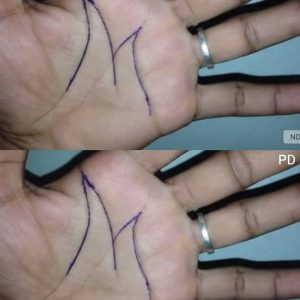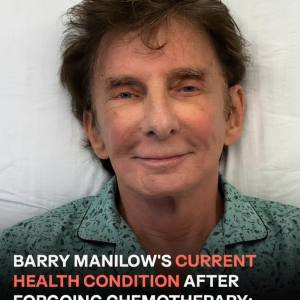The material outlines congressional efforts to gather testimony from numerous high-profile former government officials regarding their associations with Jeffrey Epstein or their roles in the investigations surrounding him. Among those initially included were several former U.S. Attorneys General—Merrick Garland, Loretta Lynch, Eric Holder, Jeff Sessions, and Alberto Gonzales—along with former FBI Directors James Comey and Robert Mueller. Their inclusion reflects the breadth of institutional oversight the committee is pursuing, as these officials each played significant roles in the Justice Department and FBI across different administrations. The committee appears to be examining both the historical handling of Epstein-related matters and the broader context of contacts or decisions that may help reconstruct how Epstein operated and how investigations into his activities were managed over the years. The broad scope underscores persistent public interest in understanding the full chain of accountability within federal institutions.
One notable development was the withdrawal of the subpoena directed at former FBI Director Robert Mueller. His team formally disclosed that Mueller was diagnosed with Parkinson’s disease in 2021, and the committee accepted this disclosure as sufficient grounds to retract the request for his appearance. This detail highlights both the committee’s aggressive posture—given that a subpoena had initially been issued to such a high-ranking former official—and its willingness to adjust when legitimate health considerations arise. It also suggests that investigators initially believed Mueller’s testimony could have contributed meaningful information, whether regarding procedural history, interactions with Epstein-related investigations, or institutional knowledge from Mueller’s leadership years. The withdrawal did not diminish the committee’s broader push to question other former officials, but it illustrates the practical limitations of compelling testimony from aging public figures.
Among all the former attorneys general and FBI directors contacted, only former Attorney General Bill Barr ultimately appeared for questioning. Barr served during the period of Epstein’s 2019 arrest on federal sex-trafficking charges, making him a uniquely positioned witness regarding the final stretch of Epstein’s legal journey. His testimony is particularly important because Epstein died in federal custody only weeks after his arrest, prompting intense scrutiny over the conditions of his detention, decisions made within the Justice Department and Bureau of Prisons, and the adequacy of supervision. Barr previously described Epstein’s death as a major institutional failure, and investigators continue to seek clarity regarding what protocols were in place, why they were not followed, and whether any unexplored leads remain. His appearance marks a central moment for the committee, as he remains the most directly connected high-ranking official to the events of 2019.
Epstein’s legal timeline further reinforces why Barr’s testimony carries weight. Epstein was indicted in July 2019 on federal sex-trafficking and conspiracy charges, marking the first time in over a decade that the federal government had attempted to prosecute him after the controversial 2008 non-prosecution agreement in Florida. The indictment represented a significant shift in willingness to pursue charges that had long been criticized as insufficient. Only one month later, in August 2019, Epstein was found dead in his Manhattan jail cell. His death sparked immense public reaction, widespread speculation, and bipartisan demands for accountability. Understanding the chain of events leading to that moment remains a central objective for oversight bodies, and the timeline serves as a reminder of how abruptly the investigation ended and how many questions were left unresolved.
In July of the most recent year, the Department of Justice released its own conclusions, stating that no third parties could reasonably be charged in connection with Epstein’s death and that investigators found no evidence of a “client list” or blackmail materials often rumored to exist. These conclusions attempt to address persistent public suspicions about Epstein’s influence network, his connections to powerful individuals, and whether he maintained leverage or kompromat on associates. The DOJ’s report sought to put these concerns to rest, asserting that no actionable evidence supported the theories. Nonetheless, the absence of such material in official findings has not ended public curiosity or skepticism. For many, the notion that a figure with such extensive social and financial networks left behind no meaningful records continues to challenge expectations, and this ongoing tension fuels the committee’s determination to probe more deeply.
The Oversight Committee maintains that Bill and Hillary Clinton hold unique information relevant to its broader investigation and has stated it is prepared to compel their testimony if necessary. Epstein’s documented visits to the Clinton White House, his interactions with figures across different political and social circles, and the ongoing questions regarding the extent to which prominent individuals may have had knowledge of his activities contribute to the committee’s rationale. This does not inherently imply wrongdoing by the Clintons, but rather reflects the committee’s belief that their insight—historical, contextual, or otherwise—could contribute to a more complete reconstruction of Epstein’s network. Given the public’s sustained interest in transparency and the long-standing speculation surrounding Epstein’s connections, the committee positions its pursuit of testimony from the Clintons as a final step toward answering lingering questions. Whether subpoenas will ultimately be issued remains unknown, but their willingness to consider that measure underscores how determined Congress is to address unresolved aspects of the Epstein case.





